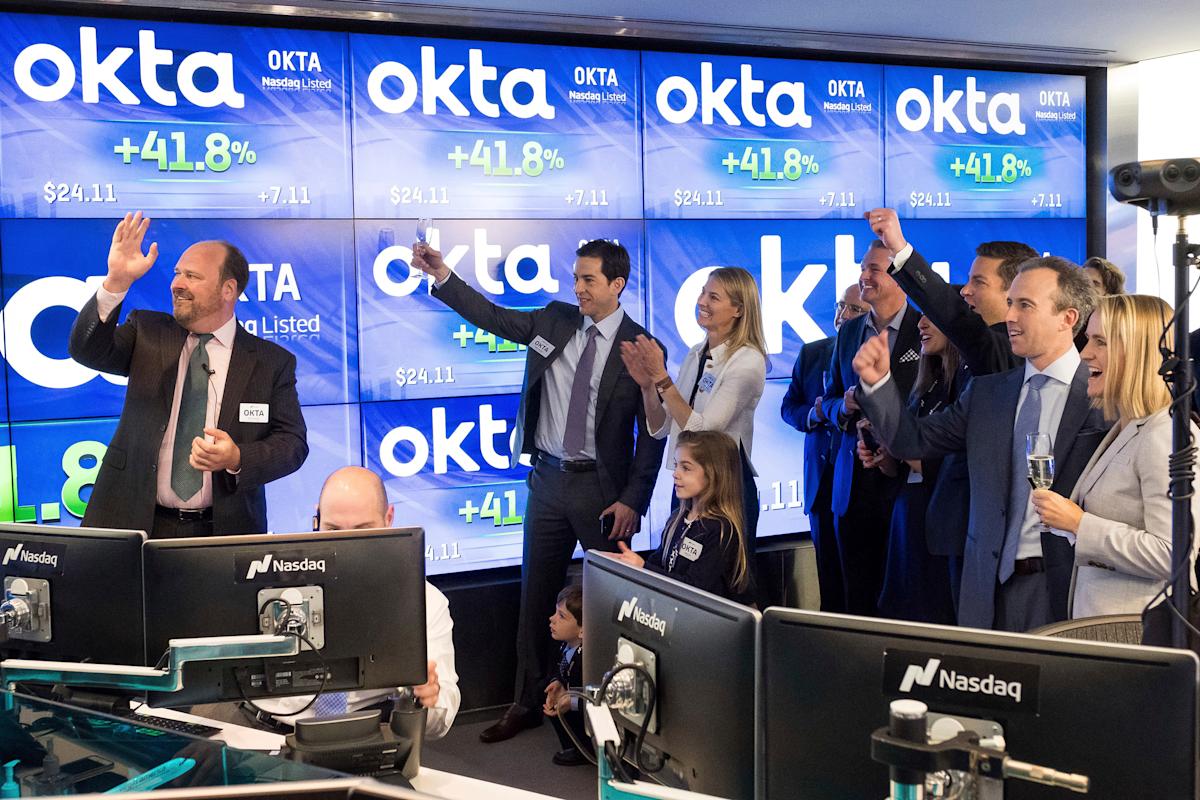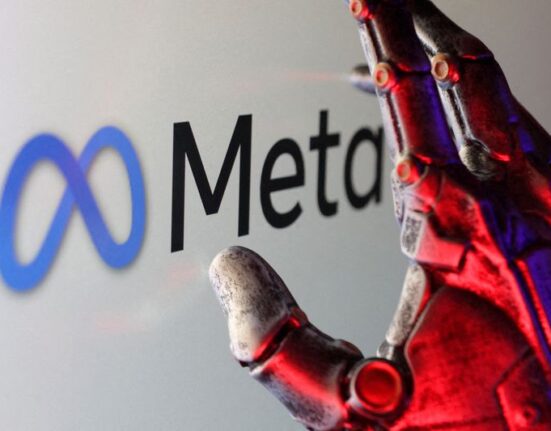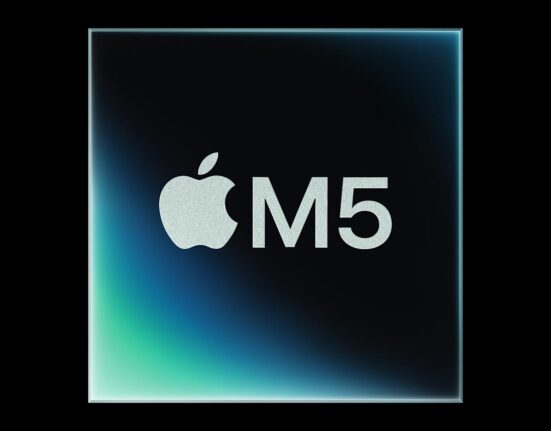Listen and subscribe to Opening Bid on Apple Podcasts, Spotify, Amazon Music, YouTube or wherever you find your favorite podcasts.
Okta (OKTA) CEO Todd McKinnon is making three bold bets to secure the company’s future: consolidating identity, hardening cybersecurity, and training the next generation to use agentic AI.
“There’s a new way to buy identity and to use identity,” McKinnon told Yahoo Finance Executive Editor Brian Sozzi on the Opening Bid Unfiltered podcast (see the video above; listen below). “It’s not in this siloed world of you buy customer identity and access management and privilege access and identity security on all these siloed solutions.”
Speaking at Dreamforce 2025 in San Francisco, McKinnon said, “Companies have too many identity vendors,” and advised that they “consolidate on identity” to reap the cost and operational gains.
Okta’s stock has gained 13% year to date, roughly on par with the S&P 500’s (^GSPC) climb this year. The company posted stronger-than-expected second quarter results, fueled in part by demand from both government agencies and global enterprises.
Revenue came in at $728 million, up 13% year over year and ahead of Wall Street’s $711 million estimate, according to Bloomberg data. Adjusted earnings per share climbed 26% to $0.91, beating expectations of $0.84.
Okta also raised its full-year revenue guidance to a range of $2.875 billion to $2.885 billion, representing 10% to 11% growth. Still, its third quarter guidance was more cautious, with revenue projected between $728 million and $730 million, or 9% to 10% year-over-year growth.
As Okta navigates growing competition from Microsoft (MSFT) and Palo Alto Networks (PANW), McKinnon is betting the company can stand out by offering identity, security, and AI readiness through a single platform.
McKinnon’s first bet — identity consolidation — targets a common pain point. He argued that enterprises relying on multiple identity vendors are at a disadvantage. By consolidating on a single platform, businesses can lower costs, roll out new tools faster, and improve security.
Save the date for Yahoo Finance’s BIG Invest event!
The second bet focuses on closing security gaps. Identity-based breaches remain a top enterprise risk, and fragmented systems create “gaps or crevices” hackers can exploit.
“It’s the comprehensiveness of the coverage. It’s not enough to just defend your most secure applications and services. You have to defend everything,” he said. A unified “identity security fabric” would give companies a faster, more coordinated threat response, he added.
Listen and subscribe to Opening Bid on Apple Podcasts, Spotify, Amazon Music, YouTube or wherever you find your favorite podcasts.
Okta (OKTA) CEO Todd McKinnon is making three bold bets to secure the company’s future: consolidating identity, hardening cybersecurity, and training the next generation to use agentic AI.
“There’s a new way to buy identity and to use identity,” McKinnon told Yahoo Finance Executive Editor Brian Sozzi on the Opening Bid Unfiltered podcast (see the video above; listen below). “It’s not in this siloed world of you buy customer identity and access management and privilege access and identity security on all these siloed solutions.”
Speaking at Dreamforce 2025 in San Francisco, McKinnon said, “Companies have too many identity vendors,” and advised that they “consolidate on identity” to reap the cost and operational gains.
Okta’s stock has gained 13% year to date, roughly on par with the S&P 500’s (^GSPC) climb this year. The company posted stronger-than-expected second quarter results, fueled in part by demand from both government agencies and global enterprises.
Revenue came in at $728 million, up 13% year over year and ahead of Wall Street’s $711 million estimate, according to Bloomberg data. Adjusted earnings per share climbed 26% to $0.91, beating expectations of $0.84.
Okta also raised its full-year revenue guidance to a range of $2.875 billion to $2.885 billion, representing 10% to 11% growth. Still, its third quarter guidance was more cautious, with revenue projected between $728 million and $730 million, or 9% to 10% year-over-year growth.
As Okta navigates growing competition from Microsoft (MSFT) and Palo Alto Networks (PANW), McKinnon is betting the company can stand out by offering identity, security, and AI readiness through a single platform.
McKinnon’s first bet — identity consolidation — targets a common pain point. He argued that enterprises relying on multiple identity vendors are at a disadvantage. By consolidating on a single platform, businesses can lower costs, roll out new tools faster, and improve security.
Save the date for Yahoo Finance’s BIG Invest event!
The second bet focuses on closing security gaps. Identity-based breaches remain a top enterprise risk, and fragmented systems create “gaps or crevices” hackers can exploit.
“It’s the comprehensiveness of the coverage. It’s not enough to just defend your most secure applications and services. You have to defend everything,” he said. A unified “identity security fabric” would give companies a faster, more coordinated threat response, he added.












Leave feedback about this